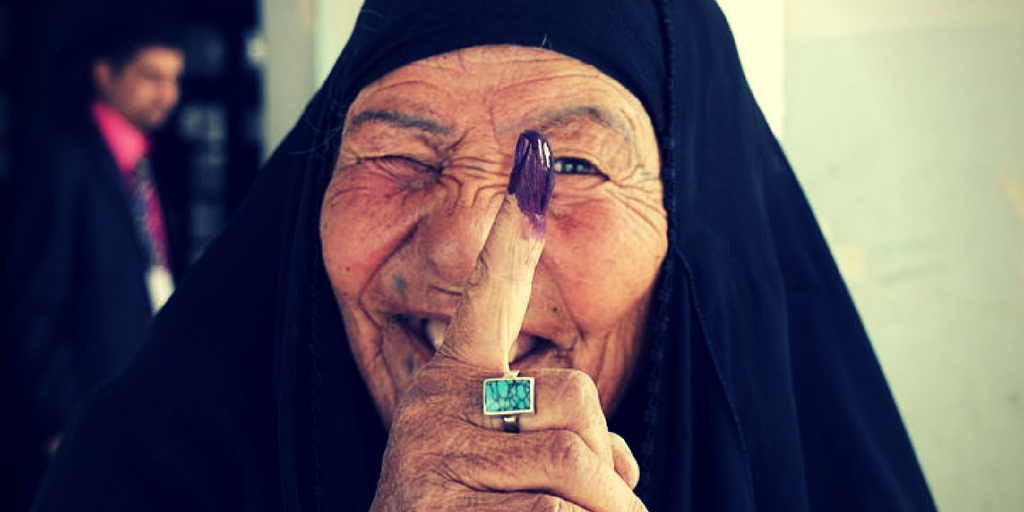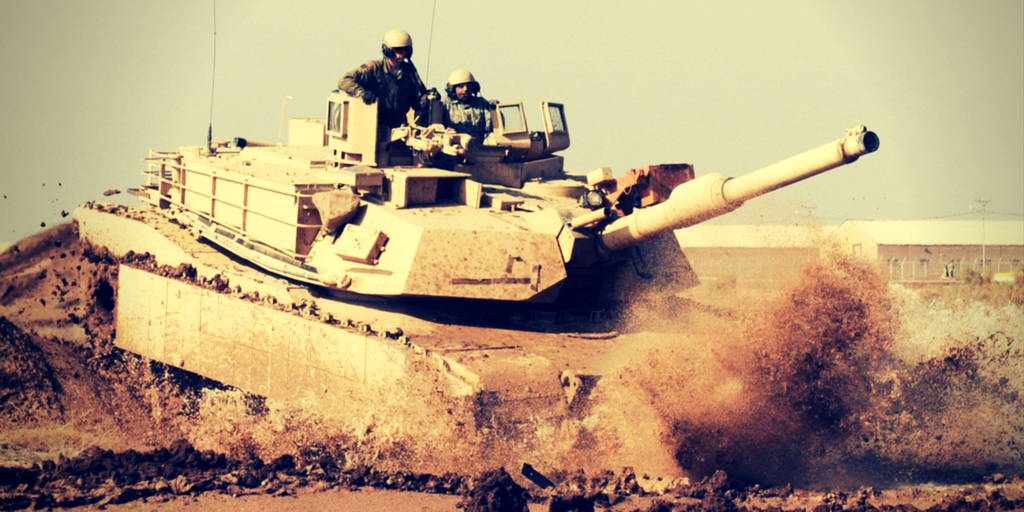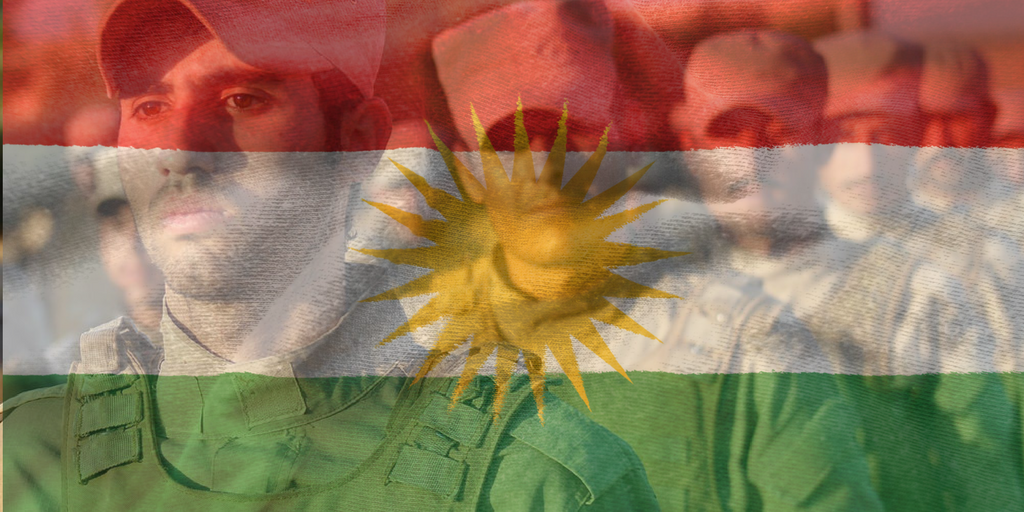With days to go until the Biden administration officially takes over at the White House, Israel launched another air attack on Iranian forces in Syria. While an attack on Syria by the IAF has become standard in the remaining days of the Trump administration, this time the IAF struck closer to the Iraqi border in Eastern Syria.
The attack targeted at least 15 installations housing Iranian weapons and acted as the main transit hub for the IRCG into Western Syria. There are claims that it killed 57 people – mostly IRCG members or affiliates.
Syria’s official SANA news agency said the following:
“A military source told SANA in a statement that at 01:10 on Wednesday dawn, the Israeli enemy carried out air aggression on Deir Ezzor City and al-Bukamal area.”
WATCH THE ATTACK ABOVE
From the outset of reports last night, it was already assumed that the US had given Israel the intelligence it needed to successfully carry out such an attack, which essentially crippled the Iranian forces in the area.
The AP has claimed the following in an article published today:
“The U.S. official, who requested anonymity to speak about the matter, said U.S. Secretary of State Mike Pompeo discussed Tuesday’s airstrike with Yossi Cohen, chief of Israel’s spy agency Mossad, at a public meeting in the popular Washington restaurant Café Milano on Monday.”
It has been assumed that the Trump Administration would continue to give Israel the green light to take out as much Iranian hardware and personnel as possible before Biden is installed. After January 20th the sinophilic nature of Biden’s regime will make Israel’s overt strikes very hard to carry out. China wants a strong Iran and if past is prescience then so does the Biden administration.
With the region on high alert after the strike, the question remains whether Iran will hold back for a few more days until the Biden administration takes over or retaliate now. Most observers believe the Mullahs in Tehran will refrain from attacking, but if this is not Trump’s final gift to the Jewish state, then expect something far larger to test the Ayatollah’s resolve







